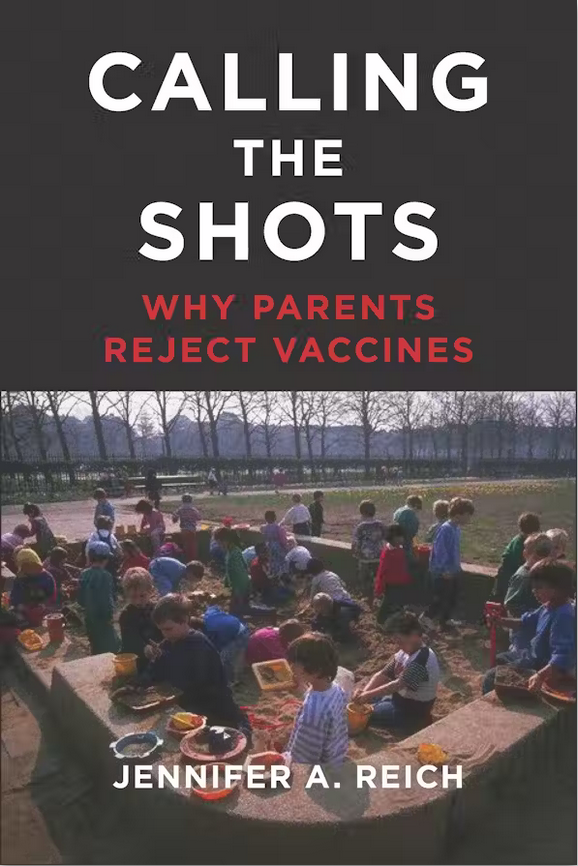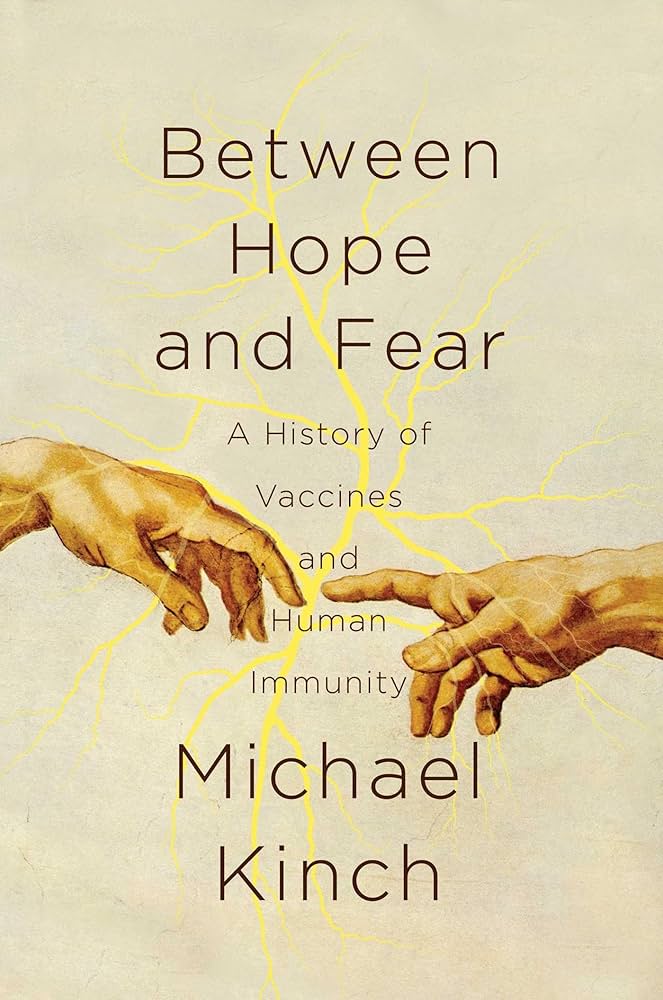Several recent books by doctors, scientists, and journalists have delved further into the history and science of vaccines and immunity, and the anxieties that accompany them. In Calling the Shots: Why Parents Reject Vaccines, Jennifer Reich, a sociologist who has also written about child protective services, brings meticulousness and sensitivity to this emotional issue. One parent tells Reich that she lies about having vaccinated her children to avoid disapproval from pro-vaccine neighbors: “I think it’s to the point where we need to keep quiet about our health choices if we are not within a like-minded community.” Another sees modern intensive care as a more natural intervention than vaccination, and is reassured by the safety net it provides for some illnesses. Explaining why she has chosen tetanus, but not whooping cough, vaccination for her children, she tells Reich: “Tetanus is the only one that they haven’t made modern medical advances to treat. There’s really not a good treatment for it, whereas, like, whooping cough, they can intubate you now.”
Disapproval of decisions to reject vaccines comes not just from physicians or neighbors but also from fellow parents at the school gate: 80 percent of parents in a 2014 study believed that all preschool children should stay up to date with vaccinations, while 74 percent would “consider removing their children from a care facility in which 25 percent or more children were unvaccinated.” They have grounds: Reich tells the story of Dr. Bob Sears of California, notorious for advocating unorthodox schedules of partial vaccination. In 2008 an unvaccinated boy who had picked up measles in Switzerland visited his office. The CDC later confirmed that four children, three of whom were infants below the usual vaccination age, caught measles in Sears’s waiting room. One required hospitalization, while another took a flight to Hawaii, putting all the passengers at risk. (Sears released a statement in which he explicitly confirmed his belief that vaccination can remain optional as long as enough of the wider population continue to get their shots.) Reich hears from Kira Watson, a pediatrician in Colorado, that she regularly meets parents who won’t register with her until they have checked her clinic’s vaccination rate, satisfying themselves that her waiting room is a safe place to take their kids.
Distrust of vaccination in the West goes back to its beginnings in the eighteenth century, with the English physician Edward Jenner, but Reich lays out the origins of its latest manifestation, including Reagan-era policy decisions intended to shore up public health (the National Childhood Vaccine Injury Act of 1986), distrust of corporate America, a broadening fear of the ubiquity of environmental toxins, and a declining sense of community responsibility. Some of the other factors she mentions are ones I recognize from my own clinics and consultations in Scotland: the steadily widening disparity between the age of first-time mothers at the top and the bottom of society (mothers who have chosen to delay childbearing generally have higher levels of education and are more likely to reject vaccination, considering themselves “experts on their own children”), overconfidence in the power of children to fight off infectious disease thanks to the phenomenal success of vaccination, and the rise among elite groups of “healthism”—the belief that healthy eating and exercise can protect against infectious diseases that, through virtually the whole of human history, have imperiled our lives.


